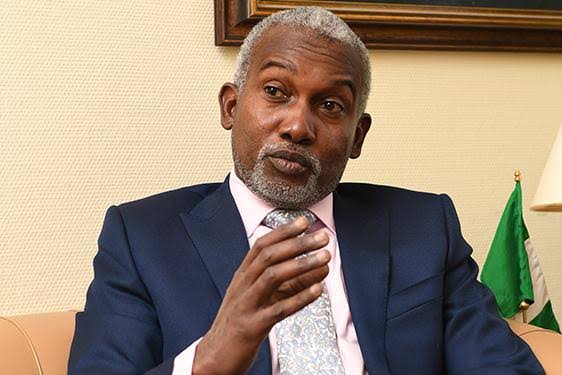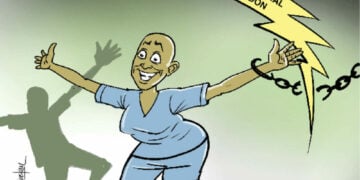Minister of Foreign Affairs, Yusuf Tuggar, has said that the West African subregion needs more political stability to enhance its growth and development amid growing threats of insecurity ravaging the region.
The minister said this at the opening of the 53rd Session of the ECOWAS Mediation and Security Council (MSC) meeting at the ministerial level in Abuja on Wednesday, which focused on the enormous security challenges facing the region and how to address them.
The meeting highlighted the region’s commitment to collective security, democratic governance and economic development amid increasing political, security and humanitarian crises.
Tuggar, who is the chair of the MSC, said, “without stability, the aspirations of our people for prosperity and progress will remain unfulfilled. We must strengthen governance frameworks and promote inclusive, peaceful political transitions.”
He also commended the successful elections in Ghana and Senegal, describing them as great examples of democratic consolidation in the region.
He, however, warned against the growing threats posed by terrorism, violent extremism and organised crimes, urging member states of the regional bloc to redouble efforts in collective security.
Speaking about ECOWAS Regional Action Plan on the Fight Against Terrorism concluding this year, Tuggar called for a forward-looking strategy to sustain regional security.
The minister expressed hope that the outcomes of the meeting would further cement ECOWAS’ role as a beacon of peace, stability and progress for the region, saying, “let us reaffirm our collective commitment to a peaceful, secure and united West Africa.”
President of ECOWAS Commission, Dr Omar Alieu Touray, said that although the region had made progress, it is still racked by multiple challenges.
He pointed out that as the regional body prepares to celebrate the Golden Jubilee of regional integration efforts, it is faced with the impending withdrawal of some member states.
He said that the act calls for a re-commitment to shared values of democracy, constitutionalism and good governance.
Touray highlighted achievements such as the absence of piracy incidents in 2024, credited to enhanced maritime security operations led by Nigeria, Benin and Togo.
He also commended the progress in operationalising the ECOWAS Standby Force which is set to enhance the region’s capacity for rapid response to security threats.
“Our unity as a region and strong partnerships with the global community have been the bedrock of our success,” Dr Touray emphasised even as he proposed a “Summit of the Future” to address geo-political challenges and safeguard ECOWAS’ collective identity and values.
The disturbing humanitarian situation, with millions displaced due to food insecurity, climate-related disasters, and political instability elicited deliberations from regional stakeholders.
They also called for the operationalisation of National Early Warning and Response Centres and measures to combat money laundering and terrorist-financing, essential for fostering resilience.





